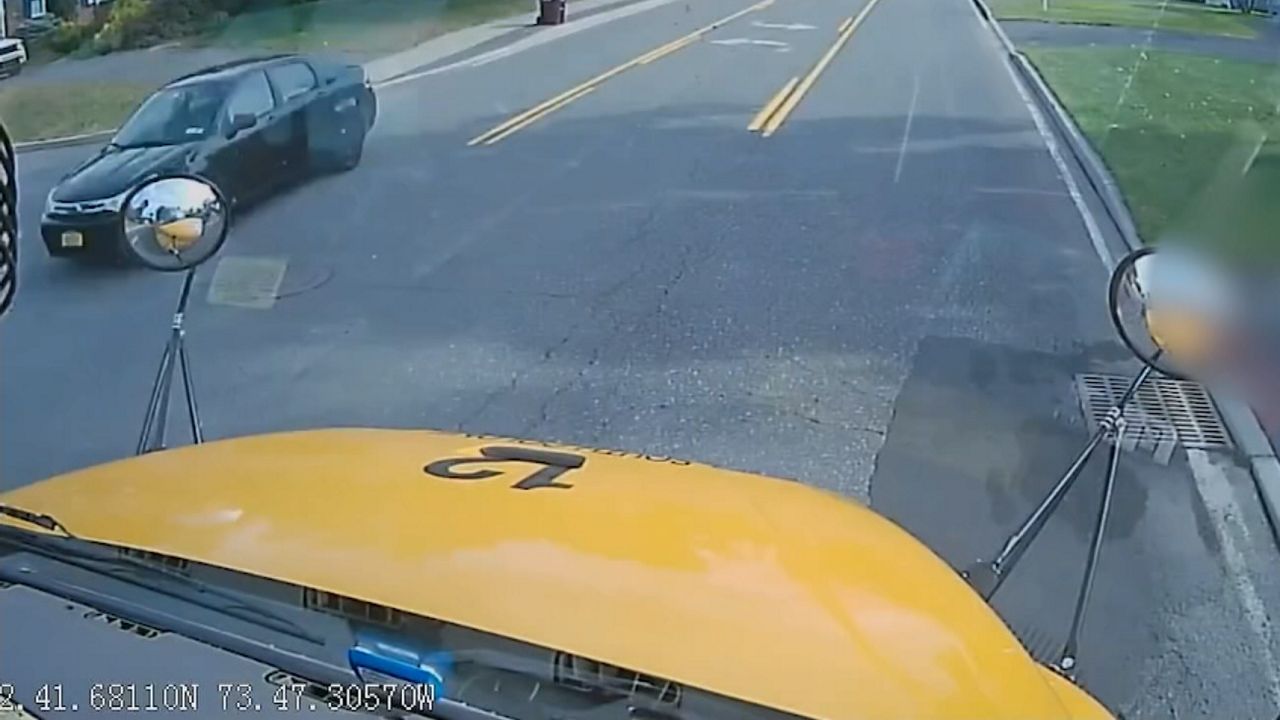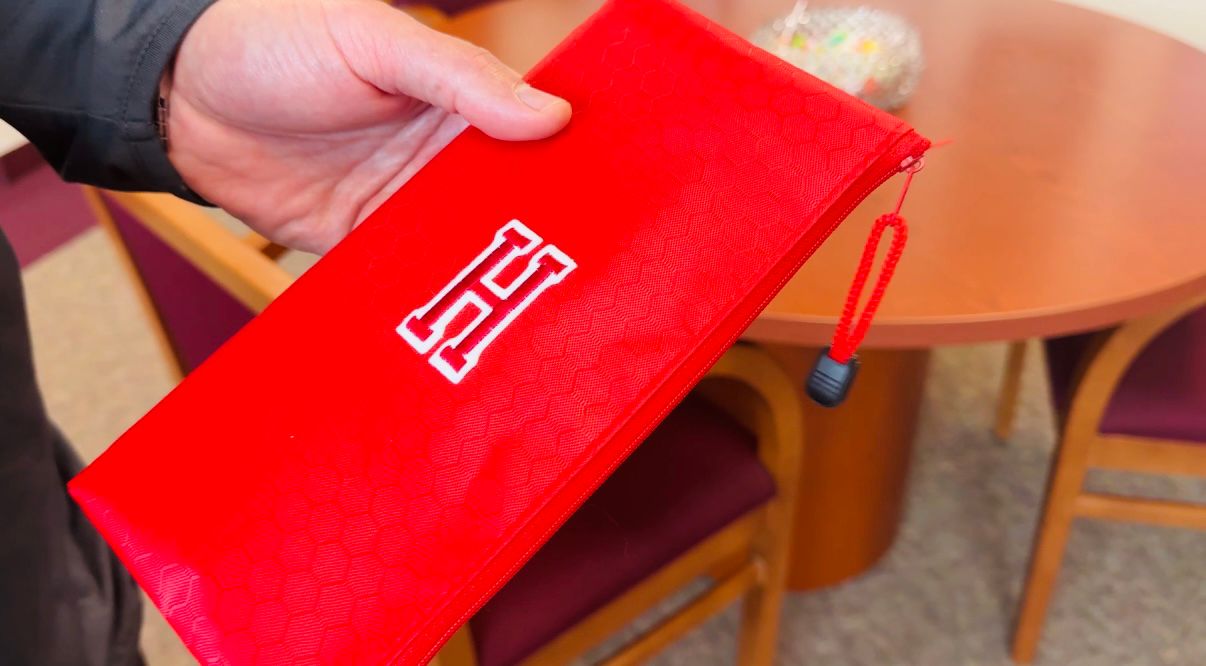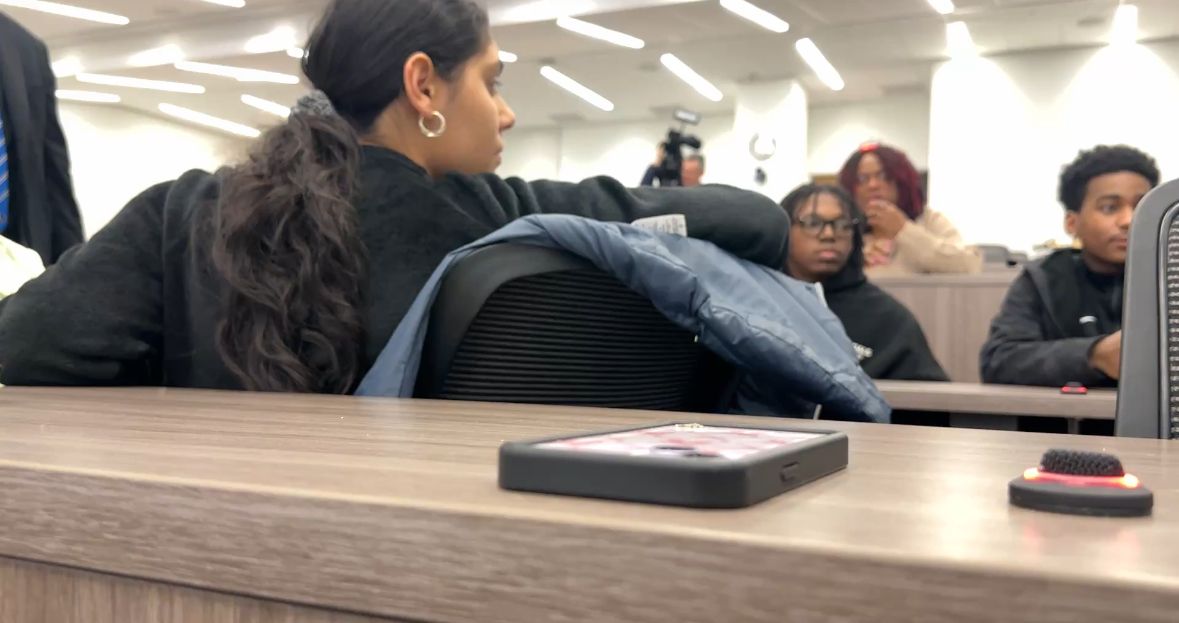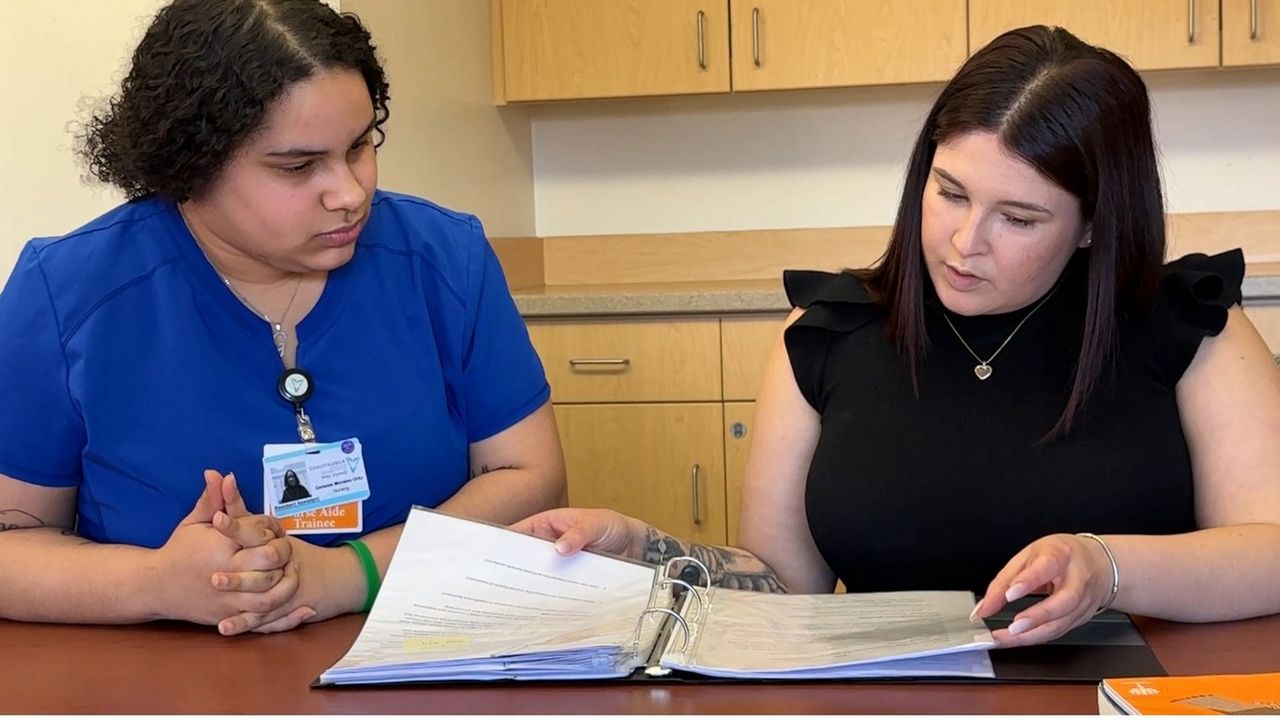Many Black households across the country are making the switch to homeschooling as debates over what’s being taught in the classroom continue. One mother spoke about why she’s decided to teach her daughter at home and how she’s connecting with other parents to create a black homeschooling network
Homeschooling doesn’t necessarily need to be at home. It takes place in your living room, kitchen or a library.
This school year, Liska Wilson has put together a collective of Black homeschoolers.
"I plan to homeschool her for as long as I can homeschool her, which I don't really see her going into the public school system," said Wilson.
Wilson is part of the growing number of Black families looking to homeschool their children.
"Concepts that's really missing for my daughter right now is that group experience and being able to engage with more kids,” Wilson said. “So the more kids the merrier. I would love to see us sharing lesson plans.”
Many Black families made the switch to homeschooling during the COVID-19 pandemic, but that trend has continued to grow as controversial national debates over what’s being taught in the classroom continue, including Black history, book-banning campaigns and discussions over critical race theory.
“I have an older daughter who is in the public school system and I know just from her experience, you know, there's holes in things and I love the opportunity to be able to infuse the things that I feel is really important into her education," said Wilson.
According to U.S. Census data, the number of Black households homeschooling their children jumped from 3.3.% in spring 2020 to just over 16% by the fall of that year. That increase was the largest of any racial group.
Education experts say there’s a host of reasons why more families are turning towards homeschooling. Disproportionate discipline against Black students, lack of access to gifted programs and overall school safety concerns can all play a factor, as can curating a curriculum for a child’s individual needs.









